Effects of mucosal adjuvants in innate immunity during lung vaccination against influenza virus
Responsable du Stage : Ignacio GARCIA-VERDUGO
Tél : 0157277802 E-mail: ignacio.garcia-verdugo@inserm.fr
Faculté de Médecine, site Bichat
Résumé du Projet de Stage
Background
Concerning prophylactic treatments to prevent lung infections, vaccination through the respiraroty route presents advantages comparing with other routes, in terms of induction of long-lasting protective immunity at the site of entry of the pathogen. However, delivery of the antigen through the respiratory mucosa is limited in licensed vaccines. To overcome lung mucosa tolerance, antigen could be coadministrated with an appropiate adjuvant. Classically, adjuvants are characterized by their capacity to activate innate immunity in order to further enhance adaptive immunity. However, less is known about the mechanisms of action of adjuvants administered by the respiratory route.We have recently developed a new adjuvanted flu vaccine that when administered by the respiratory route protects against influenza virus infection (Sanchez-Guzman et al 2019). In this project we will explore the capacity of Th1 and Th2 adjuvants (administered by the respiratory route) to enhance anti-influenza immunity through the activation of innate cells involved in anti-inlfuenza defenses such as alveolar macrophages, NK cells and lung epithelial cells.
Strategies
Mice vaccinated with either the full vaccine or the antigen or the adjuvant alone will be challenged with influenza virus and viral loads will be quantified in the lungs of infected mice. In parallel, in the bronchoalveolar lavage and lung homogenates, we will explore: the recruitment of inmune cells (neutrophils, macrophages, monocytes, lymphocytes, NK cells) and the expression of activation markers in those cells and lung epithelial cells (flow cytometry). We will also analyse the expression of cytokines and chemokines relevant in the context of influenza infection (interferons, CCL5, IL-12, etc) (Multi Plex and RT-qPCR). We expect that administration of some adjuvants alone could reduce viral loads in the lungs of infected mice associated to the activation of innate cells. Next, the cell type candidates will be isolated from the lungs of adjuvant-treated mice and the trascriptomic profile will be compared with those isolated from non-treated mice.
Our projet will hep to elucidate the mechanisms of action of lung mucosal adjuvants.
Dernières Publications en lien avec le projet :
Villeret et al. (2020) Influenza A Virus Pre-Infection Exacerbates Pseudomonas aeruginosa-Mediated Lung Damage Through Increased MMP-9 Expression, Decreased Elafin Production and Tissue Resilience. Front Immunol. 13;11:117. Sanchez-Guzman et al. (2019) Silver nanoparticle-adjuvanted vaccine protects against lethal influenza infection through inducing BALT and IgA-mediated mucosal immunity. Biomaterials.217:119308. Villeret et al. (2018) Silver Nanoparticles Impair Retinoic Acid-Inducible Gene I-Mediated Mitochondrial Antiviral Immunity by Blocking the Autophagic Flux in Lung Epithelial Cells. ACS Nano. 12:1188-1202.
Ce projet s’inscrit-il dans la perspective d’une thèse :
oui x
si oui type de financement prévu : Ecole doctorale
Ecole Doctorale de rattachement : ED BioSPC
Intitulé de l’Unité :INSERM U1152 Physiopathologie et épidémiologie des maladies respiratoires
Intitulé de l’équipe : Immunité innée et défenses pulmonaires anti-infectieuses
Nom du Responsable de l’Unité : Marina PRETOLANI
Nom du Responsable de l’Équipe : Jean-Michel SALLENAVE
Adresse : Faculté de Médecine, site Bichat, 16, rue Henri Huchard, 75018 Paris, France

